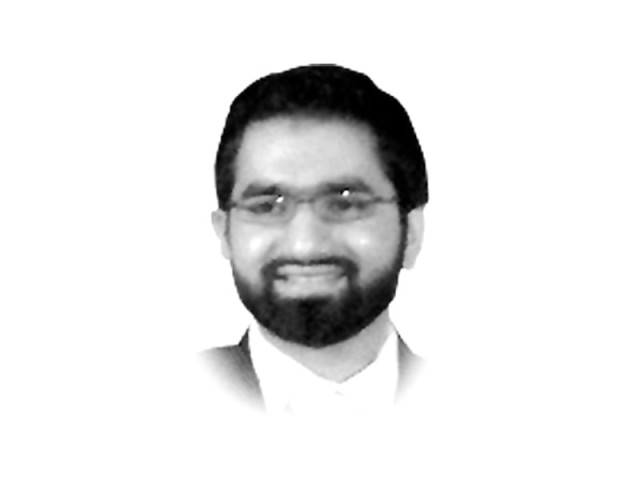Pakistan’s next media revolution
Pakistan’s next media revolution where discerning viewers demand ‘credibility’ and ethically responsible...

The writer is a graduate of Columbia University’s Graduate School of Journalism and currently teaches journalism at SZABIST in Karachi
More than 80 private channels are beamed into Pakistani homes today, as opposed to just three state-run channels in 2002. This is a quantitative revolution that has made the media landscape virtually unrecognisable from what it was a few years ago. I’d like to argue that Pakistan’s next media revolution is already in the making as we approach the general elections this year.
Among other things, the upcoming elections will enable voters to finally decide the role they want Pakistan’s colourful press to play in society. Interestingly, Pakistan’s next media revolution will be qualitative rather than quantitative in nature.
Pakistani journalists love to argue that the media fraternity is the (self-appointed) fourth pillar of the state. But how would the media fare in a referendum on its performance?
One could argue that the media is no more popular than the political elite they love to pass judgment on and criticise.
An important barometer of public opinion vis-à-vis the media is popular support for the freedom of the press. A recent statement by the Pakistan Broadcasters Association (PBA) sheds some light on this tendency. In light of the forthcoming elections, the press release declares that “Pakistan’s broadcasters have united to safeguard viewers’ right to know. In the past, channels have been shut down using force and coercion because the media had not followed the ‘advice’ of political parties and pressure groups. Now, no channel can be illegally shut without repercussion of collective exposure, collective boycott and collective legal action.”
This is a significant step in the right direction by the PBA which is attempting to establish institutional checks to protect the press from external pressures. While this should be celebrated as a positive development, the media fraternity must realise that their freedoms are ultimately guaranteed not by their collective bargaining power but by public opinion and public perception of the media’s contribution to society.
Over the last decade, whenever the media has behaved in ethically questionable ways, there is a clichéd narrative deployed by those who seek to defend it — which goes something like this: “press freedoms are only a few years old in Pakistan and the media is still in its infancy. It will take a few more years for the media to understand how to use its freedom responsibly”.
Unfortunately for Pakistan’s media establishment, this line of argument is now well past its sell-by date.
There is growing awareness in Pakistani society about the importance of media ethics, which is increasingly resulting in civil society pressure points to ‘watch’ the ‘watchdog’. These pressure points are the birth pangs for Pakistan’s next media revolution: discerning viewers are demanding more than ‘choice’ on television, they are demanding ‘credibility’ and ethically responsible reporting with respect to the information they are consuming.
Intelligent media establishments would be well advised to listen closely to public opinion in the run-up to the elections: voter preferences on ballot boxes and remote controls around the country are likely to usher in Pakistan’s next media revolution.
Published in The Express Tribune, February 14th, 2013.














COMMENTS
Comments are moderated and generally will be posted if they are on-topic and not abusive.
For more information, please see our Comments FAQ